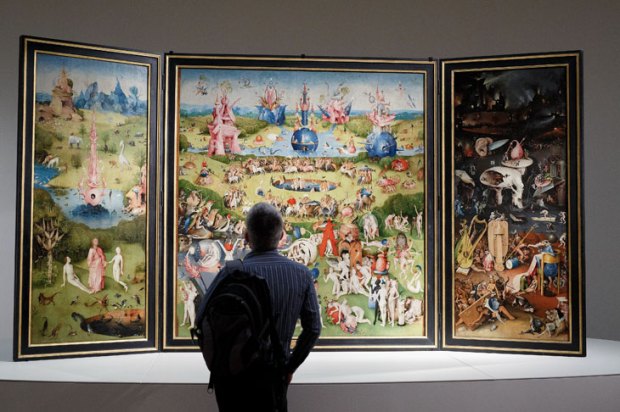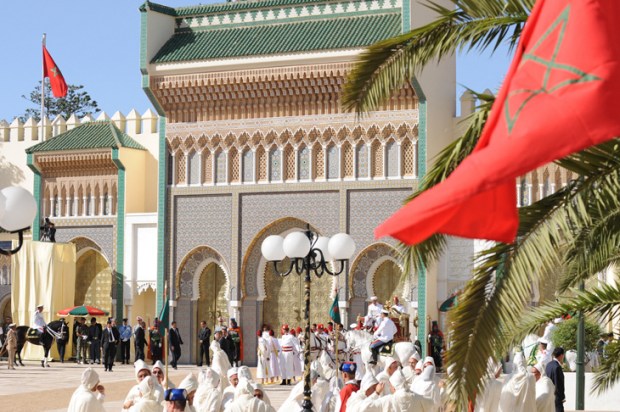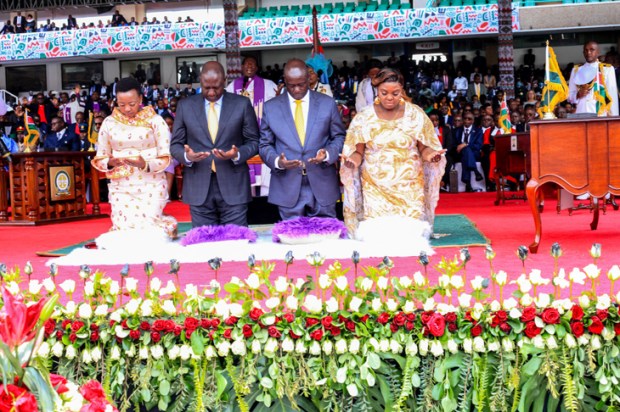On a flight to Indonesia, I am seized by trepidation. In a previous life my flights north were often rushed and full of dread. In 2002 we took a RAAF VIP jet to Bali within 48 hours of the bombings. I was working for the then foreign minister, Alexander Downer, and we were joined by the AFP, ASIO and ASIS chiefs. We saw unspeakable horror, shared the anguish of survivors, adjusted the ongoing response and crammed meetings in Bali and Jakarta to set up a joint investigation.
In the 2004 election campaign, another massive terrorist blast – this time eight Indonesian staff and passers-by were killed at our embassy in Jakarta. Again, a RAAF flight north, security chiefs, warnings of more attacks, terrible scenes, shell-shocked survivors and stoic Indonesians and Australians. A mind-boggling natural disaster broke the pattern later than year when we flew to Aceh and Jakarta (as well as Thailand) in the aftermath of the Boxing Day tsunami. Then, in 2005, more dread as we jetted north after another Islamist bombing in Bali.
It is an ugly prism of experience through which to anticipate a return to Jakarta after a decade. A terrorist bombing/shooting in January and a travel warning about advanced plans for another attack heighten the apprehension. Risks need to be weighed and families considered, along with not giving in to the extremists and committing to a deepening of our cultural, social and business links. This archipelago, our close neighbor, is the world’s largest predominantly Muslim democracy. And Indonesians, like Australians, don’t pay enough attention to our relationship. Interest spikes over terror attacks, executions and asylum boat controversies but, day to day, the relationship is not front of mind or naturally at ease.
We are like suburban neighbours who are polite on the street but only come together to haggle over fence repairs. Australians talk down their country to Indonesians, apologising for drunken bogans in Bali. Our Ambassador Paul Grigson says this cliché is out of date and confounds the locals who value our million Bali visits a year. Grigson says this lucrative annual migration generates only 500 consular cases – one hassle for every two thousand visitors.
Terrorism is an inhibitor. Like Jerusalem, there are metal detectors at the shopping centre. Mirrors are poked under the car and bags go through x-rays every time we return to the hotel. Our new embassy, to be opened next week, is huge and functional. But it is a fortress behind blast walls and bullet-proof glass. Diplomats must reach out from a bunker.We meet for breakfast in the Ritz-Carlton to discuss Islamist extremism with local experts. Our room is just metres from where a suicide bomber wreaked carnage in 2009; seven innocents were killed in co-ordinated attacks at our hotel and the Marriot, where I’d stayed previously. Security is obtrusive. We are told about Indonesia’s success in combating terrorism since Bali. Back then most Javanese were in disbelief that Jemaah Islamiah could exist; now they are proud it’s been decimated and are vigilant against extremism. Yet there are concerns about rising fundamentalism. Women are turning to the veil, or jilbab, in increasing numbers. Gays are bashed (and worse); politicians describe LGBTI people as diseased. In some regions local laws ban women from walking alone or force them to ride motorbikes side-saddle. Communities protest against Christian churches.
Then there is Islamic State. About 700 Indonesian jihadists have travelled to the Middle East and there are doubts they can be identified or arrested upon return. It is seen as a small number from a nation of 250 million that is 88 per cent Muslim. Britain might have supplied a similar number, or perhaps twice as many, from a Muslim population almost a hundred times smaller at less than 3 million. The main terrorists in the Bali bombings learned their evil craft in Afghanistan, so returning jihadists are a worry. One Indonesian realist tells us the reason there haven’t been more IS recruits from his country is because Syria is ‘quite far’ and ‘expensive’ to get to.
We visit the Istiqlal Mosque – built by President Sukarno to celebrate independence with a central dome 45 metres in diameter to match 1945, the year the Dutch were seen off – and meet with the Grand Imam, Professor Nasaruddin Umar, who boasts the mosque architect was Christian. The vast site can host 200,000 worshippers and was chosen for its proximity to the Catholic and Protestant cathedrals. At Christmas and Easter the Muslims open their car park to the Christian overflow.The Imam, who offers to show us around, is worried that the Muslim mainstream is silent. We hear only from the extreme hardliners and the liberal reformers, he says, but not the 80 per cent who straddle the moderate ground. He wants moderates to find their voice in order to drown out hate speech – invective directed not against Muslims but against non-Muslims. He wants Muslims worldwide to learn about other religions so they can appreciate their own faith, and so they can comprehend that Muslims ‘are not the angels’ but that ‘we are all part of humanity’.
In the main prayer hall, small groups of men and women sleep on the ground between prayers, others film Koranic readings, and in an outside courtyard a group of schoolchildren in Islamic garb is being filmed for a TV show. There is a drone – a benign helicopter with a camera attached – and the children erupt on cue with shouting and laughter as it flies back, up and away for a wide shot. It crashes into the minuet – modernity smashed against tradition – triggering gasps and giggles. It is the only mishap of the trip.
Got something to add? Join the discussion and comment below.
Get 10 issues for just $10
Subscribe to The Spectator Australia today for the next 10 magazine issues, plus full online access, for just $10.
You might disagree with half of it, but you’ll enjoy reading all of it. Try your first month for free, then just $2 a week for the remainder of your first year.












Comments
Don't miss out
Join the conversation with other Spectator Australia readers. Subscribe to leave a comment.
SUBSCRIBEAlready a subscriber? Log in